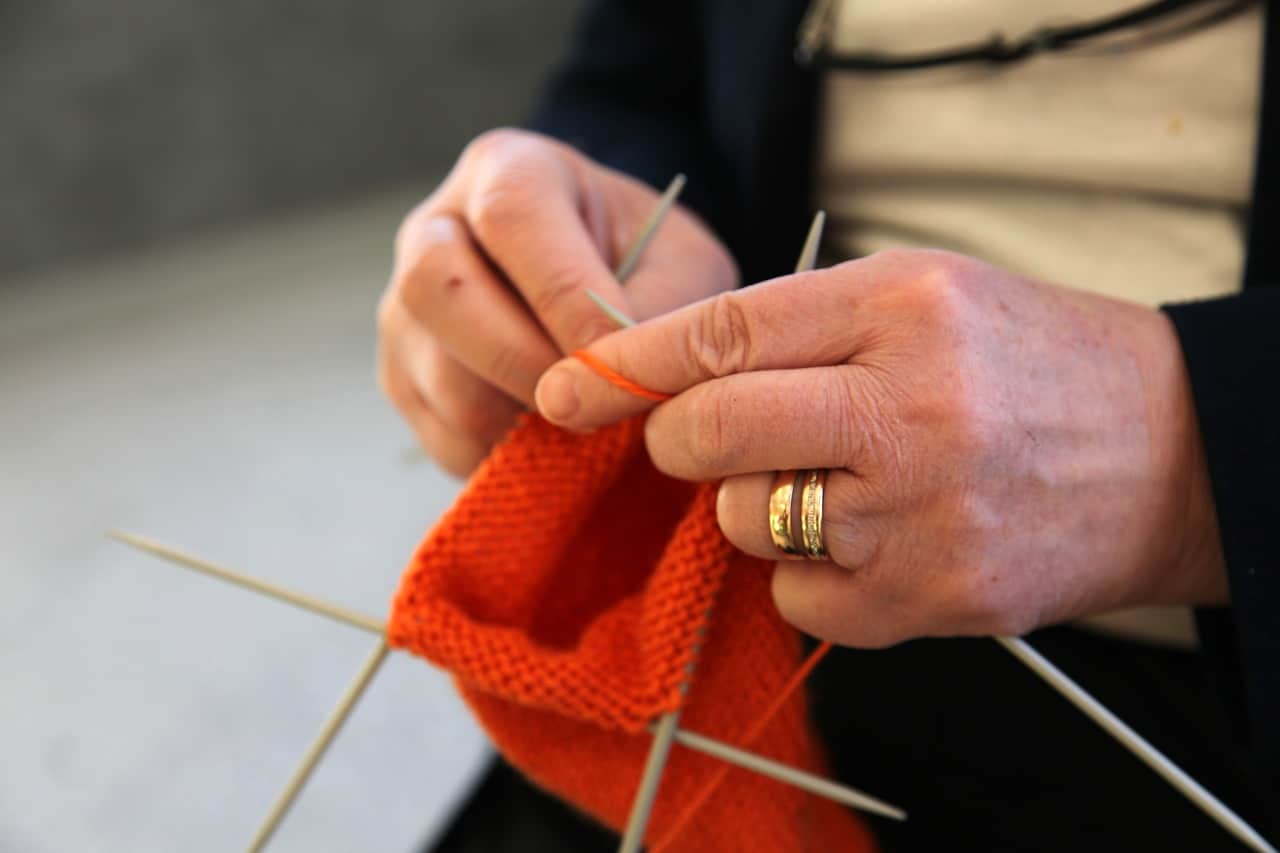Home Health Care Professionals in Thousand Oaks Help Seniors Monitor Their Bone and Joint Health
Your body seems to ache more every day. It worries you, especially when your joints hurt, but you attribute the aching to your age. Pegasus experts help you monitor your bone and joint health and potentially achieve relief from escalating pain.
Bones are living tissue. They constantly renew themselves during your lifetime. Old bone cells are removed, and new growth replaces them.
When you’re young, new bone growth exceeds the loss of deteriorated tissue. That starts changing in your 30s. The rate of replacement slows, and you begin losing bone density.
As your bone density decreases, your bones start to become fragile. Fragility leaves you vulnerable to a variety of bone diseases.
These include:
- Charcot joint – a.k.a. neuropathic arthropathy is deterioration due to nerve damage. It primarily affects joints in your feet
- Diabetic hand syndrome – a.k.a. diabetic cheiroarthropathy, limits flexibility in your fingers
- DISH – Diffuse Idiopathic Skeletal Hyperostosis, a.k.a. Forestier disease affects your neck and spine
- Dupuytren’s contracture – causes your fingers to contract toward your palm. You lose the ability to straighten them
- Frozen shoulder – pain and decreased ability to move your shoulder joint.
- Osteoarthritis – loss of flexibility and pain in all joints due to loss of joint cartilage
- Osteoporosis – weak bones that break easily
Early diagnosis and treatment can lessen the severity of these conditions.
Thousand Oaks Home Health Care Helps You Monitor Bone and Joint Health
People too often attribute bone and joint pains to old age. They often also believe that nothing can be done. Home health caregivers know the fallacy of these assumptions.
You probably entered adulthood with strong bones from your childhood activities. That’s important. Even if you didn’t, you can still strengthen your bones and joints regardless of your age.
Stay Active and Eat Right
Exercise and diet have a profound effect on your bones as well as on your overall health. Improvement in these areas can be difficult when you’re alone. You can rely on home health caregivers for assistance.
Movement is essential. Movement helps in the regrowth of new bone tissue. That doesn’t mean you have to engage in strenuous exercise.
Weight-bearing exercise is the most helpful for building strong bones. That can be as simple as walking around. A caregiver will help if you feel weak or don’t have good balance.
Your caregiver also helps with gentle exercises. As well as slowing bone loss, exercise can:
- Improve cardiovascular health
- Improve balance and coordination
- Increase muscle strength and tone
An additional benefit of even moderate exercise is a reduced risk of falling.
A home health caregiver can help you improve your dietary habits. Bone and joint health depend on consuming a balanced diet. The best diet is rich in vitamins, minerals, and protein.
Bones must have adequate amounts of calcium. That doesn’t mean you have to drink gallons of milk unless you want to.
Other sources of calcium are:
- Almonds
- Broccoli
- Calcium-fortified food, such as cereal or juice
- Dairy products
- Kale
- Sardines
- Soy products
You might feel resistance to these because of taste, difficulty with digestion, or calories.
A home health caregiver can help you find substitutes that you like. He or she can also teach you new recipes that make food more palatable. If needed, you’ll have help with shopping and preparing meals that are tasty and good for you.
As well as calcium, your bones need:
- Vitamin D – required to absorb calcium
- Magnesium – keeps calcium in bones where it belongs
- Vitamin K – helps prevent bone loss
- Phosphorus – moderate amounts contribute to bone growth; excessive amounts can lower bone density. Carbonated drinks are the biggest source of excessive phosphorus.
If your diet doesn’t provide adequate amounts of vitamins and minerals, your physician may recommend supplements.
Smoking and excessive consumption of alcohol contribute to bone loss. Alcohol reduces calcium absorption. Both can cause you to lose bone mass.
You may also need to lose weight. You put pressure on your joints if you’re overweight. That creates deterioration, swelling, and pain.
Caregivers Know the Warning Signs
Many bone or joint disorders have early symptoms. Caregivers are trained to recognize those symptoms. They can encourage you to consult physicians or therapists before the damage is irreversible.
A variety of symptoms signals bone and joint diseases. These include, but are not limited to:
- Joint inflammation, such as swelling, stiffness, redness, or feeling hot
- Restricted range of movement
- Lack of flexibility
- Persistent joint pain
- Muscle tenderness
Prompt treatment gives you a better chance at retaining your mobility.
Various organizations have taken steps to make people more aware of bone and joint health. Their goal is to enable individuals to obtain early diagnoses. That can help reduce the number of people with skeletal disabilities.
The week of October 12 -20 of each year has been declared Bone and Joint Action Week. Each day of the week is devoted to a bone condition. October 12 is World Arthritis Day.
Bone and joint diseases significantly reduce the quality of life for many individuals. Pegasus home health care in Thousand Oaks can help you monitor your bone health. Their assistance improves your mobility and independence.

